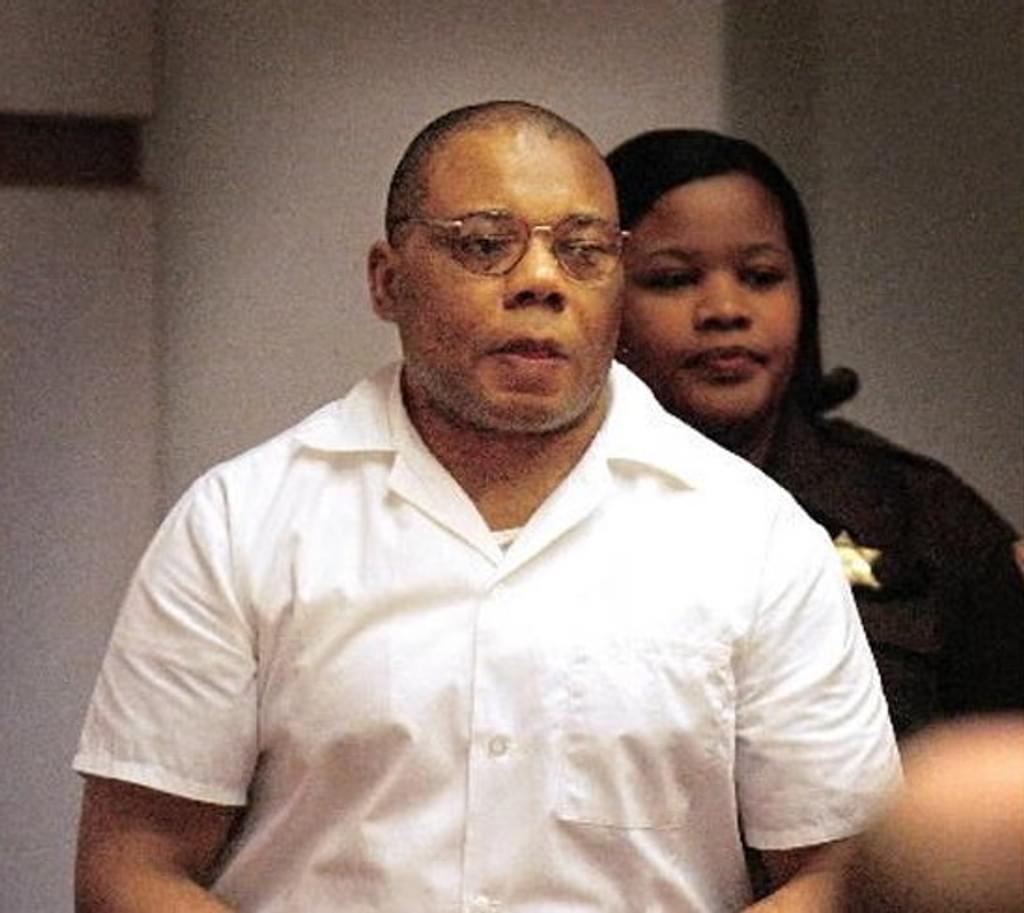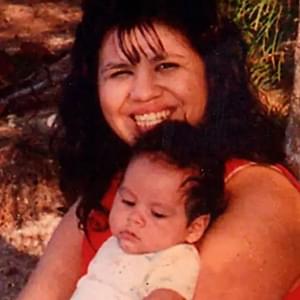
Judicial override of jury recommendations of life, the imposition of death sentences after non-unanimous jury sentencing recommendations, and prosecutorial misconduct, race bias, and ineffective defense counsel have made Mobile County, Alabama one of the most prolific death sentencing counties in the United States.
Mobile judges imposed 8 death sentences between 2010 and 2015, 88% in cases with white victims. A recent report by Harvard University’s Fair Punishment Project attributes this high rate of death sentencing to Alabama’s outlier practice of permitting judges to impose death sentences after non-unanimous jury sentencing recommendations. The Project found that only 2 of the 10 Mobile death penalty cases decided on direct appeal since 2006 involved unanimous juries.
Judicial override of jury recommendations for life—a practice that today is permitted only in Alabama—also has contributed to unfairness and arbitrariness in Mobile capital cases. Two Mobile County judges, Braxton Kittrell and Ferrill McRae, have used this practice to impose a total of 11 death sentences.
According to the Equal Justice Initiative, McRae has overriden more jury life verdicts (6) than any other Alabama judge, including death sentences imposed on George Martin (pictured) and 4 other African-American defendants. During a re-election campaign, McRae ran television ads touting his support for capital punishment and naming defendants whom he had sentenced to death. He also reportedly refused to sign a bail-reduction application in one non-capital case because he “first wanted to know the client’s ‘color’” and allegedly told an attorney in another case not to provide zealous representation “because we need more n***ers in jail.”
McCrae has never overturned a jury’s death recommendation to impose a life sentence, even when an all-white jury had recommended death for an intellectually disabled black man who could not read the confession that he signed.
Mobile prosecutors have also been described as “overzealous” in seeking death. Just two prosecutors, Ashley Rich and Jo Beth Murphee, account for 90% of the Mobile death penalty cases decided on appeal since 2006, and both have had death sentences overturned for improper prosecutorial practices.
The Fair Punishment Project found that “the average defense presentation of mitigation evidence in Mobile County capital trials lasts less than one full day” and that one lawyer, Greg Hughes, had been defense counsel for 40% percent of all the Mobile capital cases reviewed on direct appeal since 2006.
As a result of a combination of prosecutorial and juror misconduct and ineffective defense representation, Mobile death row prisoner William Zeigler—who maintains his innocence—was granted a new trial in November 2012. In 2015, Ziegler accepted a plea deal for time served and was immediately released.
In March 2016, another Mobile trial judge barred prosecutors from retrying Martin, finding that prosecutors had engaged in “willful misconduct” by suppressing a range of exculpatory evidence. This included evidence that the prosecution’s lead witness had told investigators he had seen a “large black man” in a trooper’s uniform in the vicinity of the murder (Martin is 5’6”), that investigators had shown the witness photos of every black trooper from Mobile County, and that the witness not only had not identified Martin, but had selected the picture of a different trooper. Martin’s jury voted 8-4 to spare his life, but Judge McRae overrode their recommendation. The prosecution’s appeal of the Martin ruling is pending in the Alabama appellate courts.
Sources
Too Broken to Fix: Part I, The Fair Punishment Project, August 23, 2016; AL: A Long Legal Battle Over Prosecutorial Misconduct by the AL Attorney General’s Office Results in the Dismissal of Murder Charges Against George Martin, The Open File, March 30, 2016; B. Kirby, Appeals court upholds Mobile judge’s decision to overturn trooper’s capital murder conviction, Al.com, December 12, 2014; B. Kirby, How the system failed William Ziegler: Perjured testimony, trashed evidence, lying jurors, Al.com, February 1, 2013; The Death Penalty in Alabama: Judge Override, Equal Justice Initiative, July 2011.
See Prosecutorial Misconduct, Race, Innocence, and Representation. Read the opinion granting William Ziegler a new trial here.
Prosecutorial Accountability
Apr 11, 2024

Rare Agreement Between District Attorney and Defense Counsel Acknowledge Prosecutorial Misconduct and Need for New Trial for Melissa Lucio
Prosecutorial Accountability
Mar 28, 2024



